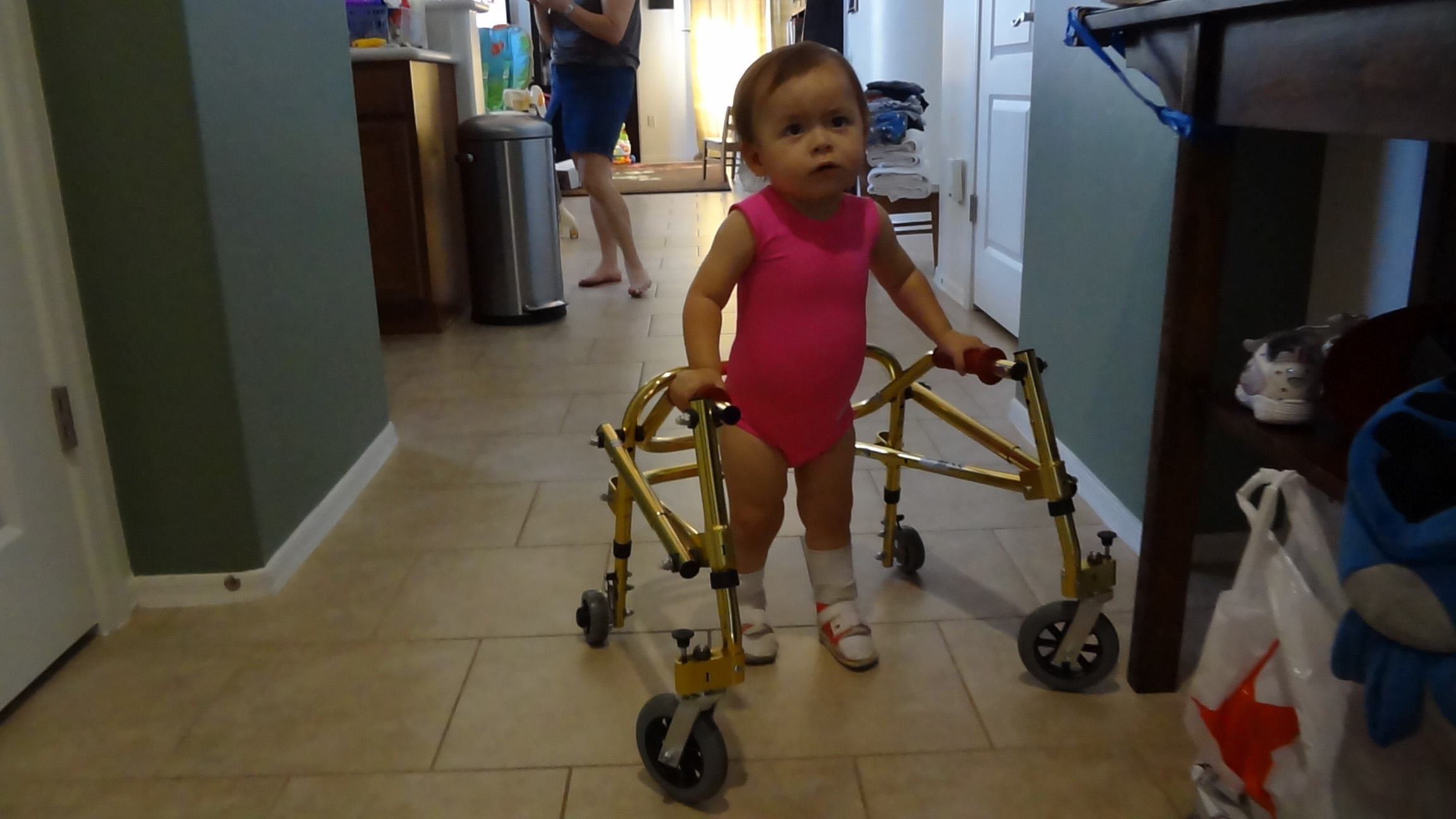
Charcot-Marie-Tooth Disease
Charcot-Marie-Tooth disease (CMT), also known as hereditary motor and sensory neuropathy, is one of a group of disorders that cause damage to the peripheral nerves—the nerves that transmit information and signals from the brain and spinal cord to and from the rest of the body, as well as sensory information such as touch back to the spinal cord and brain. CMT can also directly affect the nerves that control the muscles. Progressive muscle weakness typically becomes noticeable in adolescence or early adulthood, but the onset of disease can occur at any age. Most individuals with CMT have some amount of physical disability, although some people may never know they have the disease.
CMT is one of the most common inherited neurological disorders, affecting an estimated 126,000 individuals in the United States and 2.6 million people worldwide. Nearly all cases are inherited.
There is currently no cure for CMT but it can be managed with supportive therapy. The disease can be but isn’t usually life-threatening and rarely affects muscles involved in vital functions like breathing. People with most forms of CMT have a normal life expectancy.
For more information, visit the Charcot-Marie-Tooth Association




